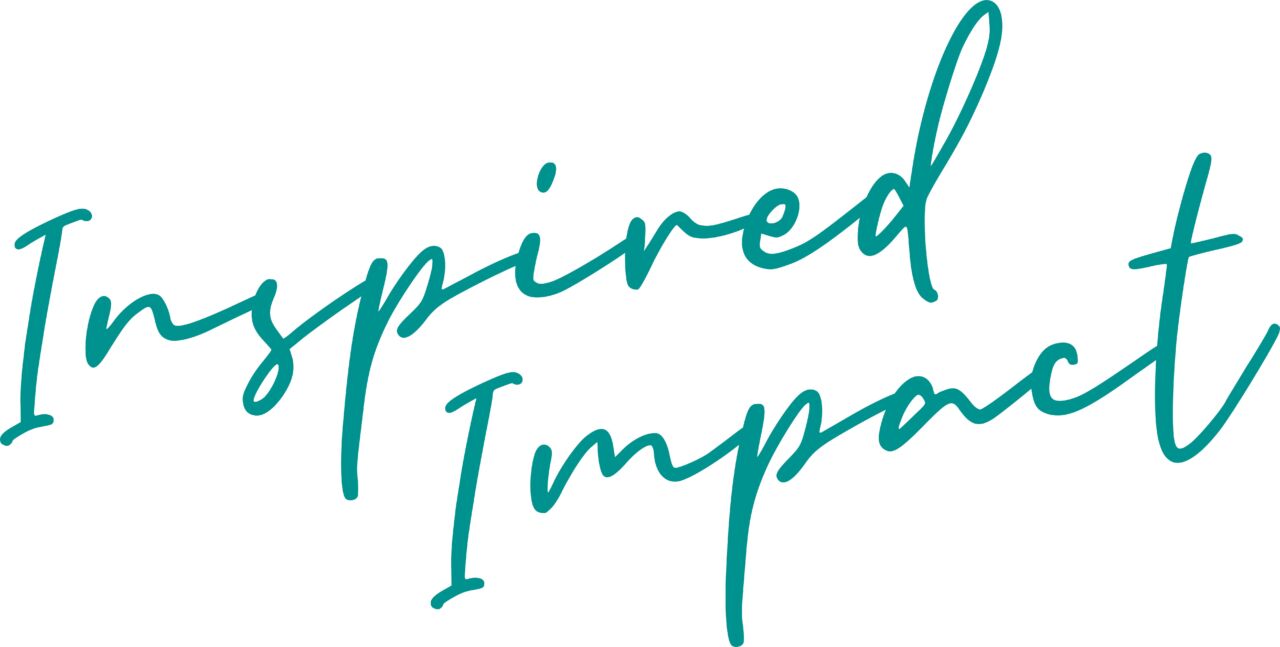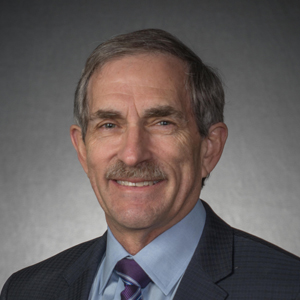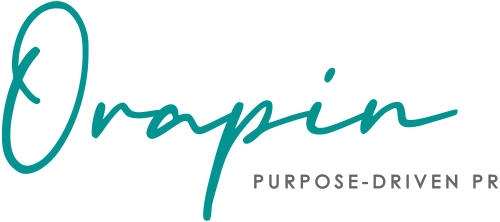
Interviews with purpose-driven business leaders who are dedicated to helping others and making a positive impact in the world.

David Miller is the CEO of Barton Institute for Community Action headquartered in Denver. Follow them on Facebook and LinkedIn and learn more at bartoninstitute.org.
TELL US, WHO ARE YOU AND WHAT DO YOU DO?
My name is David Miller and I am the CEO of the Barton Institute for Community Action. Our mission is to create safe community spaces where people can build lives with more opportunities to thrive. We have about half a dozen projects we’re working on with various partners. These projects include tiny homes villages and safe parking lots for people experiencing homelessness and a big project in southwest Denver that will include an early learning center, mental health services, community meeting rooms, and youth programs.
HOW DID YOU GET HERE?
My roots in Denver, and in Colorado, are very deep and very long. I’m a fifth-generation Denver native. I had great-great-grandparents here on both sides of my family. I went to Denver Public Schools, kindergarten through 12th grade. I’ve worked in state and local government, I ran a business, I worked for a foundation, and then I worked at a university. Now I am running a nonprofit organization, the Barton Institute. I’m a generalist and not a specialist.

David Miller is the CEO of Barton Institute for Community Action headquartered in Denver. Follow them on Facebook and LinkedIn and learn more at bartoninstitute.org.
WHAT DO YOU STAND FOR? WHY IS THIS WORK IMPORTANT TO YOU?
What motivates me most is I feel I’m here to help make the world a better place. I have many, many privileges being a straight, white, able-bodied male and I hope to use my many privileges to give back to and improve the community. There’s a saying that I’m fond of repeating: “It’s not our responsibility to finish the work of perfecting the world, but we also can’t desist from doing that work.” We need to do everything we can to try to make the world better, even though we know a lot of problems will outlive us.
WHAT IMPACT ARE YOU MAKING?
That’s a really challenging question. To be honest, the Barton Institute has really only been an independent nonprofit for 14 months. It’s too early for me to be able to describe the impact we’re making. If we have this conversation in five or 10 years, I hope to be able to give a much more specific answer.
What we’re hoping to do is to show that solving problems in our community can be approached in new ways. We’re trying to create experiments or pilot projects that, if successful, can be taken to a much bigger scale. One example of that is our partners’ tiny homes villages for people experiencing homelessness. Right now, there are two such villages, each with a dozen or so residents. Ultimately we hope there will be many villages like this all over the metro Denver area, serving hundreds of people. We hope people will learn from our early experiments and that lots of other groups will build tiny homes villages too. In other words, we hope to prove the concept and then have other people take it to scale.
We’d like to do the same thing with this campus that our partner Lifespan Local is building in southwest Denver. There is a campus in northeast Denver called the Dahlia Campus for Health & Well-Being that includes urban farms, a mental health center, a preschool, a dental clinic, a hearing center, a gymnasium, and community rooms. Lifespan Local is beginning to create a second campus. We hope we can show the world that this model revitalizes low-income neighborhoods., Five to 10 years from now, I hope there will be more of these campuses, not just one or two.
WHAT (OR WHO) INSPIRES YOU TO DO THIS WORK?
Young people most inspire me. I’ve had the privilege of being on some interview committees for college scholarship programs for high school kids and every time I’m on one of those interview committees I come away at the end of the day totally optimistic about the future of our world. These young people are so inspiring and so committed. I am concerned that young people and future generations are not at the table when we’re talking about public policies. At any level of government, most groups are represented in one way or another except future generations. So I get inspired by trying to think about how best to represent the interests of our children and our grandchildren and generations yet unborn. A great example of that is climate change. If we don’t do something about climate change, future generations are going to suffer dearly. I think we have a huge obligation to address the problems rather than dumping them on future generations.
WHAT’S YOUR VISION, YOUR BIG DREAM FOR THE IMPACT YOU WANT TO MAKE?
My big dream is that at least several of the projects we’re working on will prove to be successful and will be expanded dramatically in our community and beyond. That means having several more campuses like the one in northeast Denver. It means having lots of tiny homes villages for people experiencing homelessness. It means taking our projects to scale once we’ve shown they can really help to address problems in low-income neighborhoods. I believe strongly that the big problems our society is facing can only be solved by all of the sectors working together. Government can’t do it alone, businesses can’t do it alone, and nonprofits can’t do it alone. It will take all of those sectors working together to make a difference and have an impact on healthcare, education, climate change, or any other big challenge that we face as a society.
WHAT CHALLENGES ARE YOU FACING?
My biggest personal challenge is that there are not enough hours in the day. In terms of the work we do, the biggest challenge is the “not in my backyard syndrome,” where neighbors are resistant to change and resistant to having different types of projects in their neighborhood. That’s probably our biggest on-the-ground problem and challenge.
WHAT’S ONE THING YOU WANT PEOPLE TO KNOW ABOUT YOUR CAUSE AND/OR THE WORK YOU’RE DOING?
Every person and every neighborhood has many assets and talents that can help make their community a better place. We do a lot of what is sometimes called ABCD: “Asset-Based Community Development.” It’s based on the belief that no matter how impoverished a neighborhood might be, that neighborhood and its residents have countless assets they can use to help improve their neighborhood. We try to approach all of our work from an asset-based perspective, rather than a deficit-based perspective.
DO YOU HAVE A FAVORITE QUOTE OR WORDS OF INSPIRATION TO SHARE?
“We have two ears and one mouth, and we should use them in that proportion.” In other words, we should listen twice as much as we talk. I love that you learn so much more by listening than you do by talking.
HOW CAN OTHERS SUPPORT YOU OR YOUR CAUSE?
Visit BartonInstitute.org. There are lots of things that people can do to support our work. We are raising funds for all of these projects, and if people are interested in helping financially, we can always use help. Also, as a project starts to develop, we can also use volunteers. So, sign up for our newsletter to stay up to date on what we’re working on and how you can help. Thank you!
Orapin Marketing + Public Relations generates awareness and support for purpose-driven organizations so they can increase their impact. We believe those who are working to make a difference in the world need to be known, supported, sought-after, and celebrated. If you would like to be featured in INSPIRED IMPACT™, reach out to hello@orapinmarketing.com.

